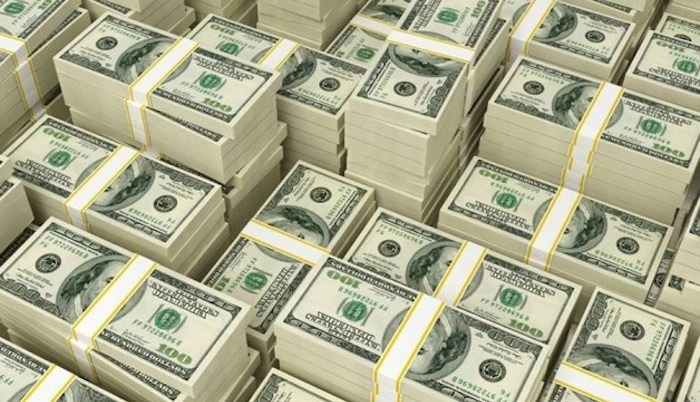Nigeria’s external reserve has seen a significant increase, rising by $993 million to $34.11 billion as of March 7, 2024.
This is the highest level it has risen to in eight months.
The month-on-month increase was driven by a marked advance in remittance payments by Nigerians overseas, as well as higher purchases of local assets, including government debt securities, by foreign investors.
In February, the Central Bank of Nigeria (CBN) said Nigeria’s forex reserves had risen to $34 billion.
The increase in the gross foreign reserve was attributed to elevated crude oil prices, an increase in oil production, and reforms from the apex bank.
CBN governor, Olayemi Cardoso, who made this known while responding to questions from journalists after delivering the communique at the end of the two-day Monetary Policy Committee (MPC) meeting held in Abuja, stated that, “Gross external reserve stood at $34.51 billion on February 20th, 2024 compared with $32.23 billion at the end of January 2024.”dollars to
He said there will be an aggressive regulatory environment in the coming months as the bank moves to stabilise the forex market and execute its reforms.
The rise in the nation’s foreign reserve defies recent projections by the International Monetary Fund (IMF) that the it could drop to $24 billion this year, before peaking at $38 billion.
The external reserve had dropped to its lowest in six years at $32.87 billion, as at December 2023.









